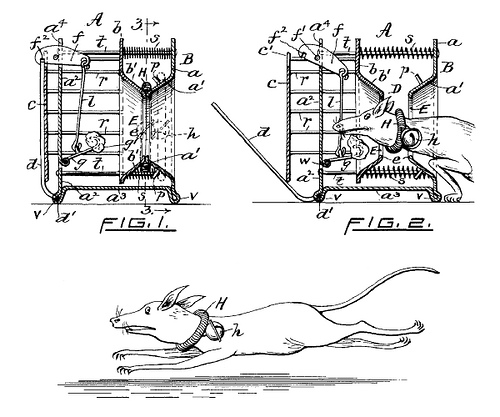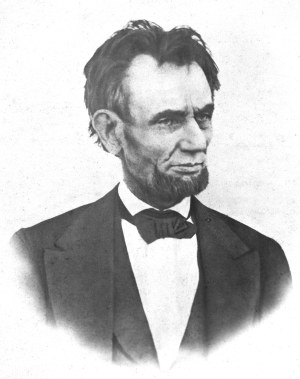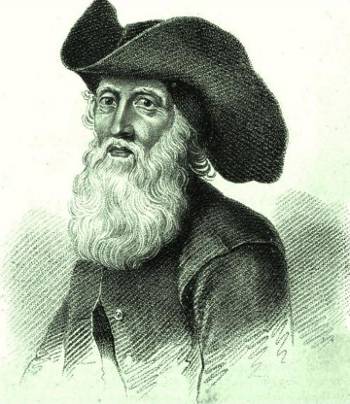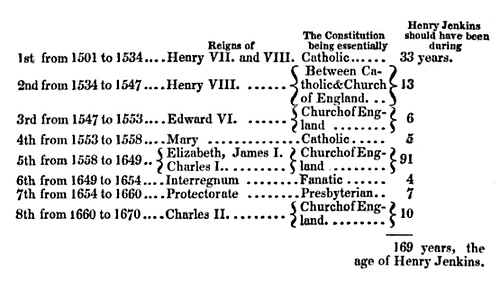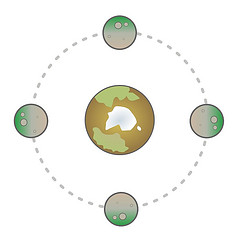A.A. Bennett offered this puzzle in the American Mathematical Monthly of May 1937:
A car with n (n > 2) passengers of different speeds of mental reaction passes through a tunnel and each passenger acquires unconsciously a smudge of soot upon his forehead. Suppose that each passenger
(1) laughs and continues to laugh as soon as and only so long as he sees a smudge upon the forehead of a fellow passenger;
(2) can see the foreheads of all his fellows;
(3) reasons correctly;
(4) will clean his own forehead when and only when his reasoning forces him to conclude that he has a smudge;
(5) knows that (1), (2), (3), and (4) hold for each of his fellows.
Show that each passenger will eventually wipe his own forehead.

